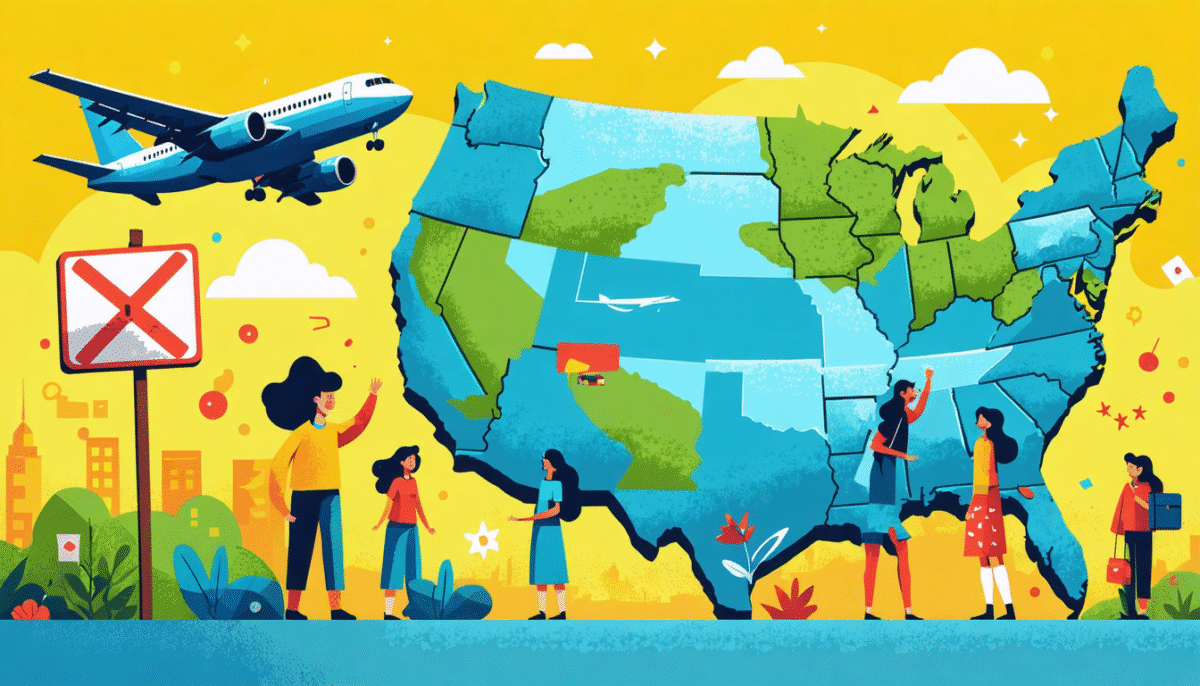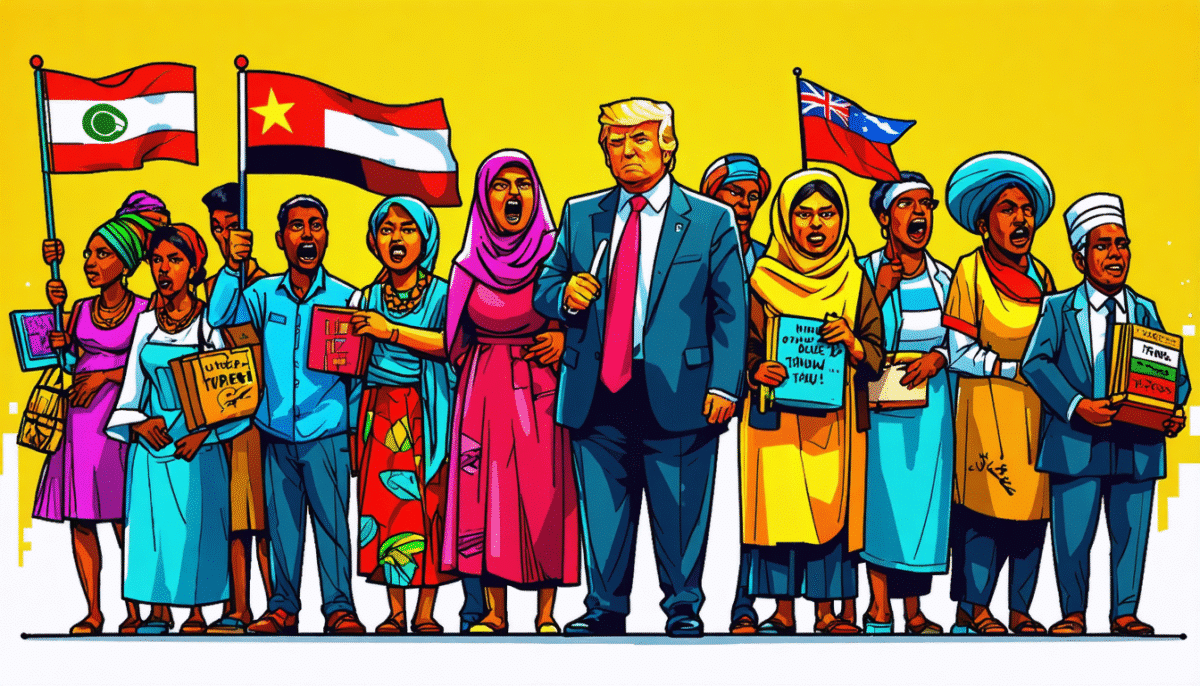The recent travel ban announced in the United States raises major concerns regarding the international legal and moral balance. _A national law reconciles border protection and human diversity_. The measure, subjected to careful wording, disseminates persistent prejudices under a renewed rhetoric. Excluding individuals solely on the basis of their citizenship revives the issue of discrimination. Migration issues transcend politics, disrupting the ethics of asylum rights and undermining the credibility of American hospitality. _Reducing an individual to a mere group results in a brutal erasure of their uniqueness_. The human, social, and diplomatic consequences of this decision reflect a restrictive vision that calls into question the very foundation of civil rights.
| Spotlight |
|---|
|
The New Rhetoric of the American Travel Ban
The new version of the travel ban in the United States presents a more subtle formulation than the infamous “Muslim Ban” of the previous administration. This apparent disregard for blatant discrimination gives the measure an appearance of legitimacy, while still failing to hide the selection made based on national origin criteria. Restrictions are imposed on twelve nationalities, including Afghanistan, the Republic of Congo, Iran, and Libya. Seven other countries face drastically reduced entry conditions, making the official line more nuanced while perpetuating the same logic of arbitrary selection.
The American legal context, recently reaffirmed by the Supreme Court in the Ames v. Ohio case, upholds the primacy of the individual over the group in defending civil rights. Despite this reminder, immigration policy chooses the opposite path, reducing individual value to a predetermined collective belonging.
Old Prejudices, Contemporary Human Consequences
The list of states affected by the ban reveals a consistency: the overwhelming majority come from Africa, Asia, or the Caribbean. The American collective memory still bears reminders of the day when, from the Oval Office, derogatory remarks targeted black and poor countries, contrasting with the supposed desirability of European nationals. Despite refined rhetoric, the spirit of rejection remains the same.
Thousands of individuals fleeing oppression, wars, or authoritarian regimes now see their prospects shattered. Entire families find themselves divided, sometimes irreparably separated, solely due to a collective nationality on a blacklist. Long-standing refugee resettlement procedures are maintained only for a few rare exceptions, with the only identified beneficiaries being white South Africans.
Individuality Erased by Collective Arbitrariness
Any process of restriction based on national belonging inexorably leads to the reification of collective identities as a whole. American legal judgment explicitly emphasizes this point: “Federal law protects the individual, not the category”. When a travel ban verification occurs, the specificity of the person fades behind their membership in the targeted group.
The impact of this policy goes beyond access to territory. Scientific symposiums and international events see their diversity threatened by the failure in the free flow of ideas and talents. Standardization renders the host society less dynamic, less open to contradiction and innovation, qualities historically fostered by immigration based on individual criteria.
Presidential Discretion and Abuse of Power
The President of the United States wields broad prerogatives in immigration policy. This power comes with an inseparable ethical responsibility. The exercise of this authority, based on “security reasons” that are never rigorously explained, resembles abuse when it targets entire groups without consideration for individual stories. Similar situations exist elsewhere: South Korea recently imposed a travel ban on its president in a completely different context, reminding us that restricting movement sometimes serves other political strategies.
The reality of these measures reveals selective and biased application, remaining indifferent to the plight of the persecuted while favoring immigration deemed compatible for barely veiled motives. The question of rights during travel then resonates with a completely different meaning: who has the right to access, and who remains condemned to perpetual exile?










